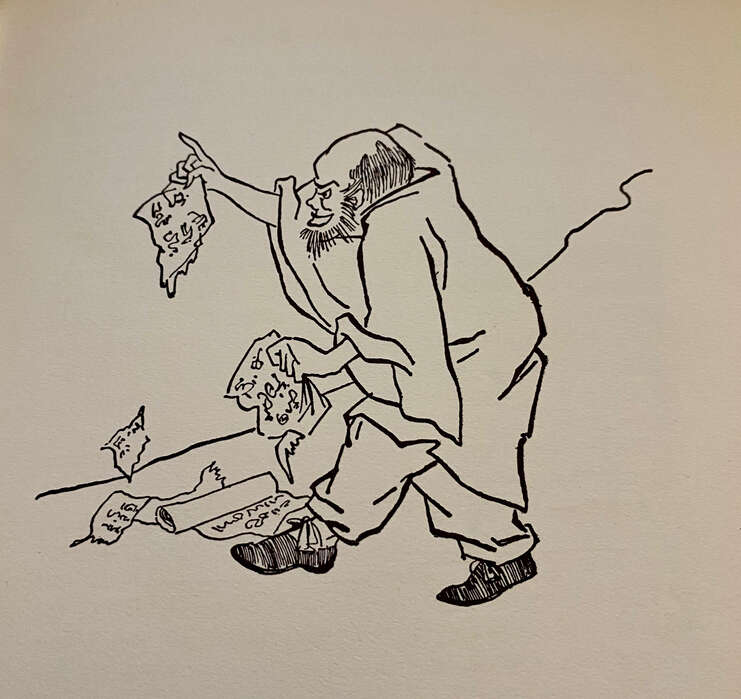How’s your vocabulary? How’s mine? I’ve been known to always look up a word I don’t know. Is this an obsession or a valuable discipline? What is the source of this drive to know?
As a young boy it was unknowingly instilled by my mother. She once admirably spoke of a friend who had “a big vocabulary” (BV). I made a mental note that knowing what words meant was something to value and develop. Then on the first day of school in the 1st grade I found myself admiring a student who had a BV and facility with language. I saw it was a way to survive in the new, alien environment called school.
There were counter influences as well. In college I was interested in humanism so I took a course in Renaissance history even though my major was the behavioral sciences. It was taught by a “mystic” professor whom I came to respect as he taught that Renaissance art was the apotheosis (new word!) of beauty. Then on the last day of class he summarized the course thus, “in conclusion all words are turds”. What!? I didn’t understand what he meant until I’d undergone a so called mystical experience later in life.
Another counter influence was a respected individual who often said, “God’s first language is silence, everything else in a poor translation”. Throughout adulthood, I pursued contemplative practices which valued letting go of words and concepts. This central proposition led me to appreciate the counsel of Zen: “don’t mistake the finger pointing to the moon for the moon”.

When I applied to graduate school and scored in the 600s on the GRE verbal admissions test it seemed a BV was paying off. Yet there were times when a BV was observed as a disadvantage or at least a modifying force. For instance, I observed a licensed PhD psychologist providing feedback on a man’s newly written psychological report, recommending another word be used because “if I don’t know the meaning of your word, I doubt the reader, a layperson will”.
Still, words and language continued to engage me. In my doctoral program I pursued the study of psycholinguistics. Now in my 70s I still come across words I do not know, as happened this morning while reading Maureen Dowd in the New York Times. She used words like suzerain, lickspittle, mendacity, syconphantish. How’d you do with those? I had to break my train of thought to look up or confirm their meaning.
It’s become a valuable discipline or at least my Mother would say so. Faithful to meaning. May learning never end.